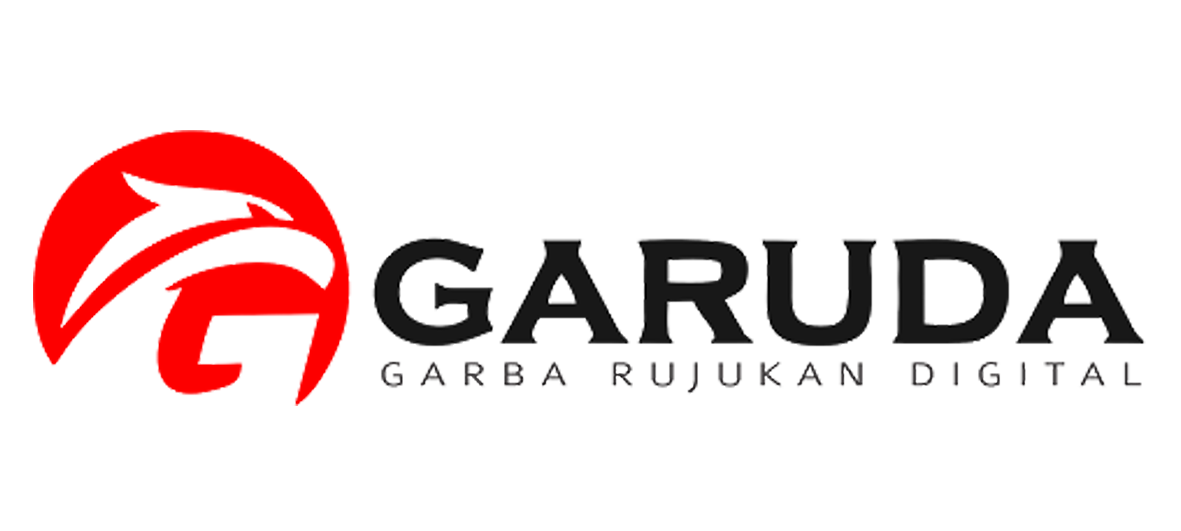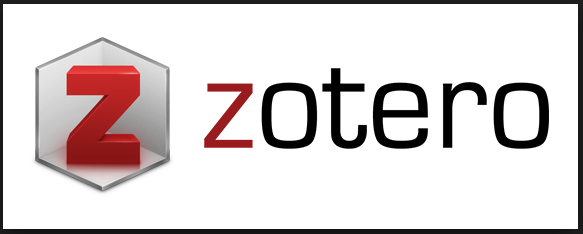Publication Ethics
Indonesian Applied Research Computing and Informatics (IARCI) is committed to maintaining the highest standards of publication ethics and preventing any form of publication malpractice. Authors, editors, reviewers, and publishers must adhere to the following ethical guidelines:
Authors
Authors must ensure that their work is original, has not been published elsewhere, and is not under consideration by another journal. Proper acknowledgment of the work of others must always be given, and any form of plagiarism is unacceptable. Authors are responsible for ensuring that all data presented in the manuscript are accurate and reliable. All individuals who made significant contributions must be listed as co-authors, and all co-authors must agree to the final version of the manuscript and its submission. If the work involves humans or animals, authors must ensure compliance with ethical standards and obtain approval from relevant ethics committees.
Editors
Editors must ensure a fair and unbiased review of all manuscripts, evaluating them solely on academic merit without regard to authors' race, gender, sexual orientation, religious belief, ethnic origin, citizenship, or political philosophy. Editors must protect the confidentiality of all submitted manuscripts and communications with reviewers. They are responsible for making publication decisions based on the manuscript’s importance, originality, clarity, and relevance to the journal's scope, and must act promptly in addressing ethical complaints related to submitted or published papers.
Reviewers
Reviewers must provide objective, constructive, and timely feedback on the scholarly merits and scientific value of the manuscript. They must respect the confidentiality of the peer review process and must not disclose or use unpublished materials for personal advantage. Reviewers are also expected to disclose any conflicts of interest that could affect their objectivity in reviewing the manuscript.
Publisher
The publisher must ensure that editorial decisions are made independently and are not influenced by commercial interests. Together with the editors, the publisher must take reasonable steps to identify and prevent the publication of papers where research misconduct has occurred. In cases of alleged or proven scientific misconduct, fraudulent publication, or plagiarism, the publisher will work closely with the editors to take appropriate actions such as publication of corrections, retractions, or other necessary notices.
Ethical Oversight
IARCI upholds integrity in academic publishing and will investigate all allegations of misconduct, plagiarism, or unethical behavior based on the guidelines of the Committee on Publication Ethics (COPE). If any unethical behavior is confirmed, the journal will take corrective measures, which may include retraction of the article, publication of an erratum, or issuance of an expression of concern to maintain the accuracy and credibility of the scholarly record.










